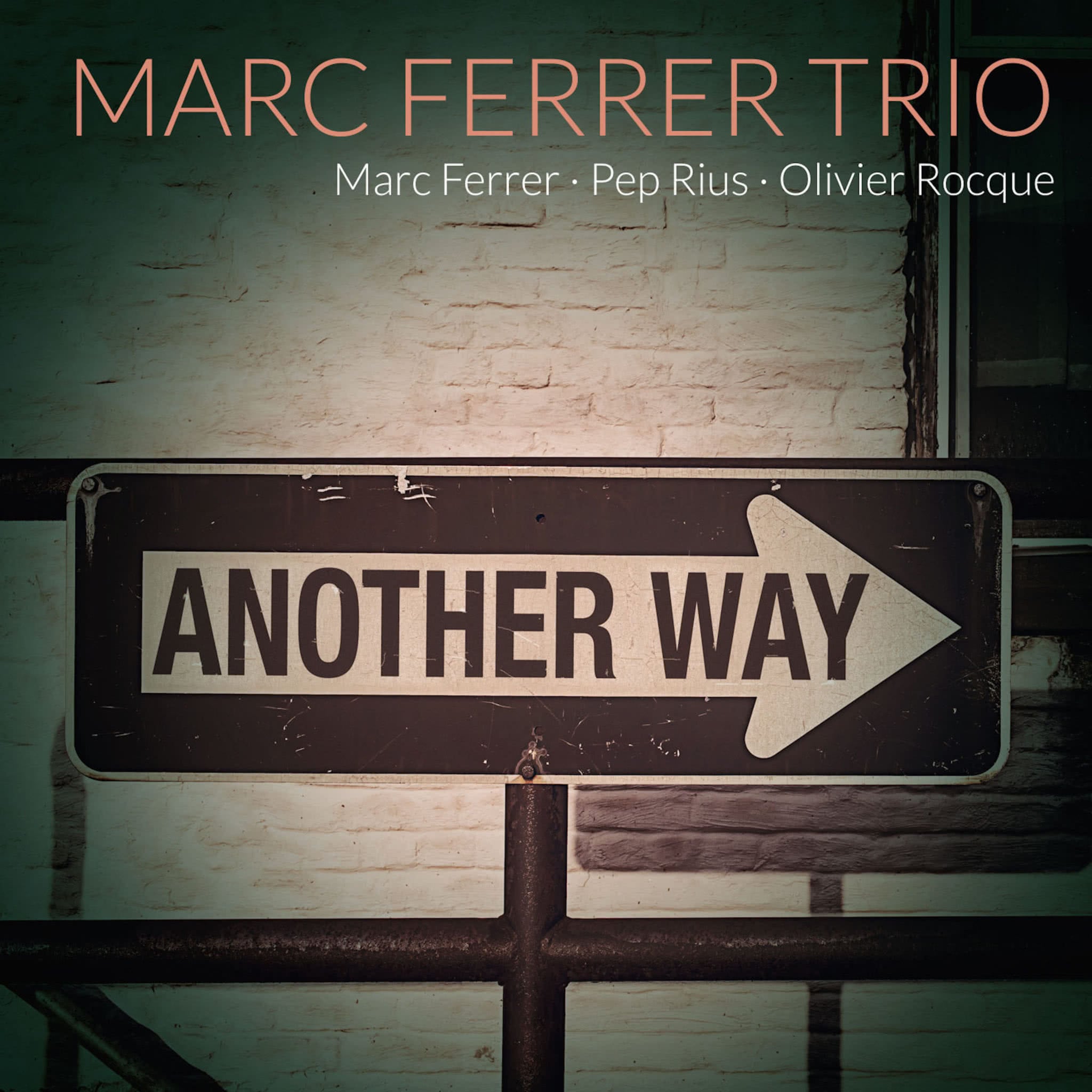Description
El pot de les essències
L’escolta de ’’Another Way” ens reconcilia amb la polisèmia del jazz. Suposa el retorn als orígens d’una música alletada en la babilònica Nova Orleans de principis del segle XX. Una ciutat portuària on confluia la cultura europea dels criolls hispans i francesos amb els ritmes africans, fruit del tràfic d’esclaus, amb la proximitat del Carib i els inmigrants de Nou Mèxic, que topaven amb la resistència dels pobladors indígenes del territori, i amb l’arribada de nous colons.
El més simptomàtic però, es que en cap cas aquest àlbum suposa un viatge al passat ni una evocació nostálgica d’uns temps que no tornaran, sinó més aviat la retrobada amb un estil i unes maneres de fer que malauradament es troben força en desús entre les propostes jazzístiques que avui imperen en el mercat.
Aquest ‘altre camí’ al qual fa referència el títol del disc (“Another way”) no és més que la reubicació del jazz en el seu estat primigeni, desprovist de magnificació i suficiència i tocat per la naturalitat i la senzillesa d’una barreja de sonoritats que conflueixen en un univers comú. Sense pretensions ni altivesa, però amb l’elegància, la l·lusió i el respecte que determina una convicció sincera i apassionada.
Pel que fa al repertori, l’autoria de 9 dels 12 temes inclosos al disc, ja indica la voluntat decidida del trio per dir la seva sobre els referents que els inspiren. I la veritat és que suposa una alenada d’aire fresc retrobar-se amb les maneres de fer d’il·lustres mestres com el Professor Longhair, Fats Domino o Doctor John, vestits amb les costures i els acords que tant Marc Ferrer com Pep Rius han teixit des de la seva pròpia creativitat. L’equació la completa el pols a les baquetes del baterista Olivier Rocque, un delineant precís en el domini d’allò que els flamencs anomenen compàs, els caribenys clave i els jazzeros beat.
La complicitat del trio ajuda a instaurar un estat harmònic de pura delícia, com si les notes i corxeres arribessin transportades en cotó fluix fins a les nostres oïdes. Una cura i una delicadesa, però, que en cap cas es tradueix en feblesa ni molt menys resta intensitat als diferents passatges sonors que s’interpel·len. entre els quals també es troba una revisió en clau de blues de La casa del sol naixent (The House of the Rising Sun). O quan, a través de Tea for Three, deixen constància de la seva resposta a un gran clàssic, i alhora defineixen un nou moment en relació a la seva anterior proposta més enèrgica i concentrada que, potser per això, van anomenar 3 Coffees.
Però el que fa que Another Way destapi a les nostres oïdes el pot de les essències no és tan sols el seu vincle amb la inspiradora Crescent City, sinó també el seu recorregut per altres enclavaments on el llenguatge del jazz va anar forjant-se a partir del blues fins a derivar en el rock and roll. Ciutats com Chicago, Kansas City o la mateixa Nova York, i referents com Art Tatum, Oscar Peterson o Count Basie, també son fars que il·luminen aquest ‘altre camí’ per on circula el trio de Marc Ferrer, a qui no importa el més mínim que aquells policies de la mal entesa modernitat els puguin condemnar per anar en contrasentit.
Pere PonsThe jar of essences
Listening to ’’Another Way” reconciles you with the polisemy inherent in jazz. It supposes the return to the origins of a music nursered in the babylonic city of New Orleans in the early XXth century. A city with a port where the european culture of the spanish and french creoles converged with the african rythms, resulting from slave trading, with the near Caribbean and the immigrants coming from New Mexico, with the opposition of the indigenous inhabitants, and with the arrival of new colonists.
What is more symptomatic, however, is that in no way this new album suggests a trip to the past or a nostalgic evocation of those times that will never come back, but rather reencountering a style and manners that, unfortunately, are rare in the jazzistic proposals that govern the current jazz scenario.
This other way that the album title refers to (“Another way”) is nothing but the relocation of jazz into its primitive state, devoid of any magnification or self-satisfaction and touched with the spontaneity and simplicity of an amalgam of different sounds that converge into a common universe. Without any aspirations or any arrogance, but with the elegance, eagerness and respect determined by a sincere and passionate belief.
As for the repertoire, the authoring of 9 of the 12 pieces included in the album shows the detemined intention of the trio to have their saying on the cultural models that inspire them. And the truth is that retrieving the ways of distinguished masters like Professor Longhair, Fats Domino or Doctor John, dressed with the stitches and the chords that both Marc Ferrer and Pep Rius have weaved withntheir creativity brings fresh air to the current musical scene. The equation is completed with Olivier Rocque’ drumsticks, a baterist who masters with the accuracy of a draughtsman what in Flamenco people call ‘compás’, caribbeans call ‘clave’ and jazz performers call ‘beat’.
The complicity of the trio helps to instaurate a delicious harmonic style, as if crotchets and quavers were …
Pere Pons




